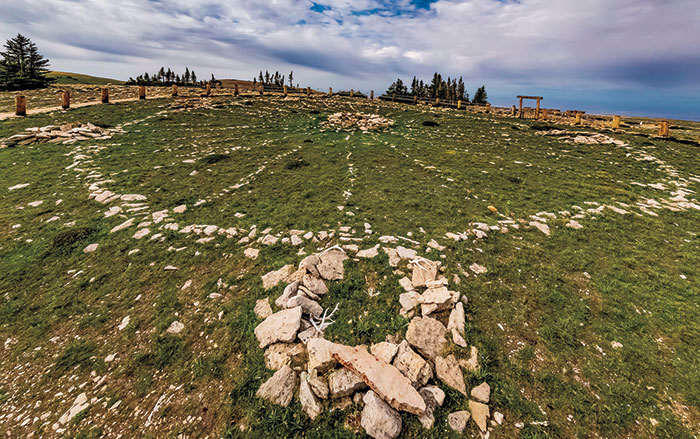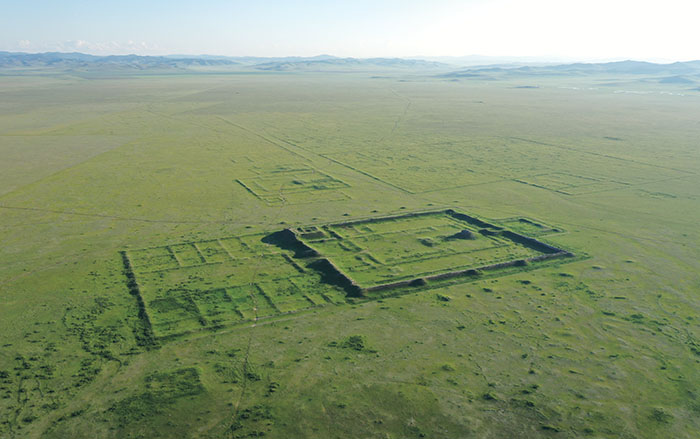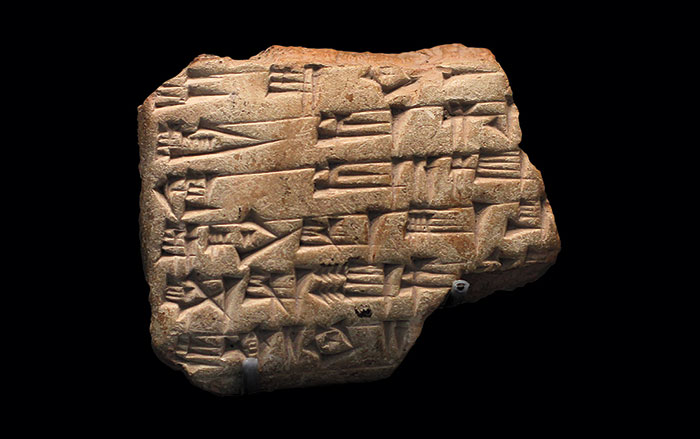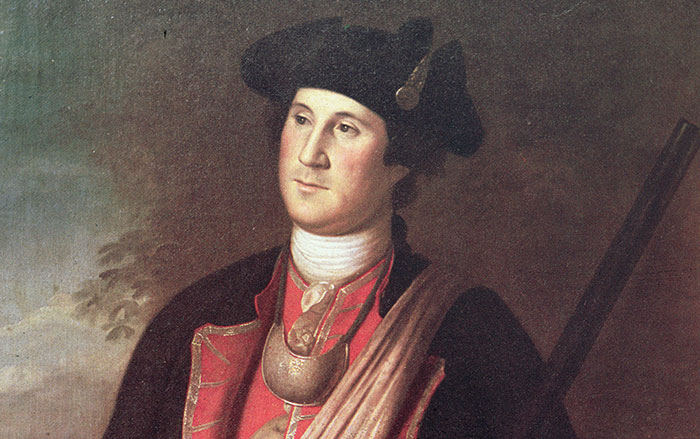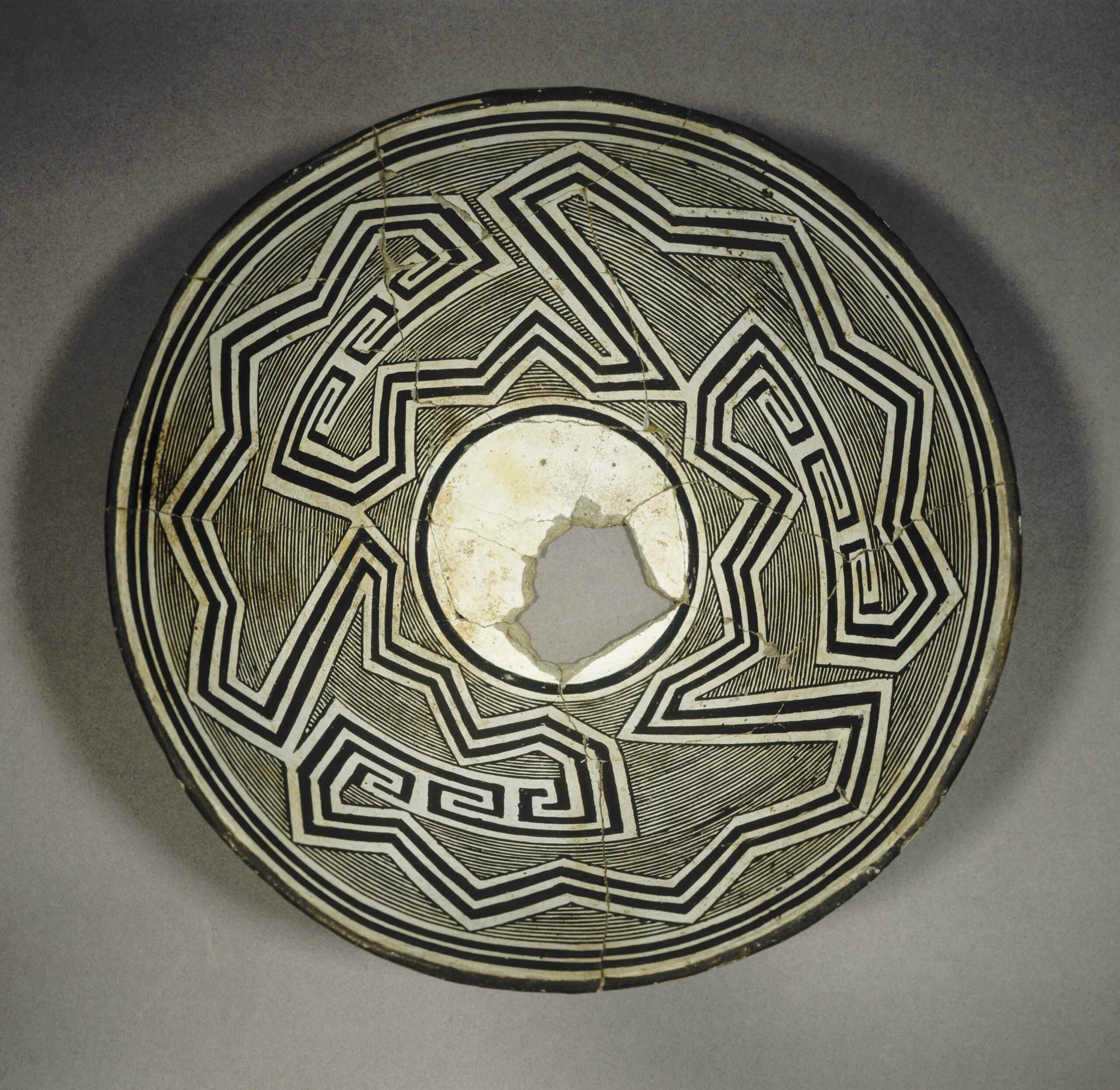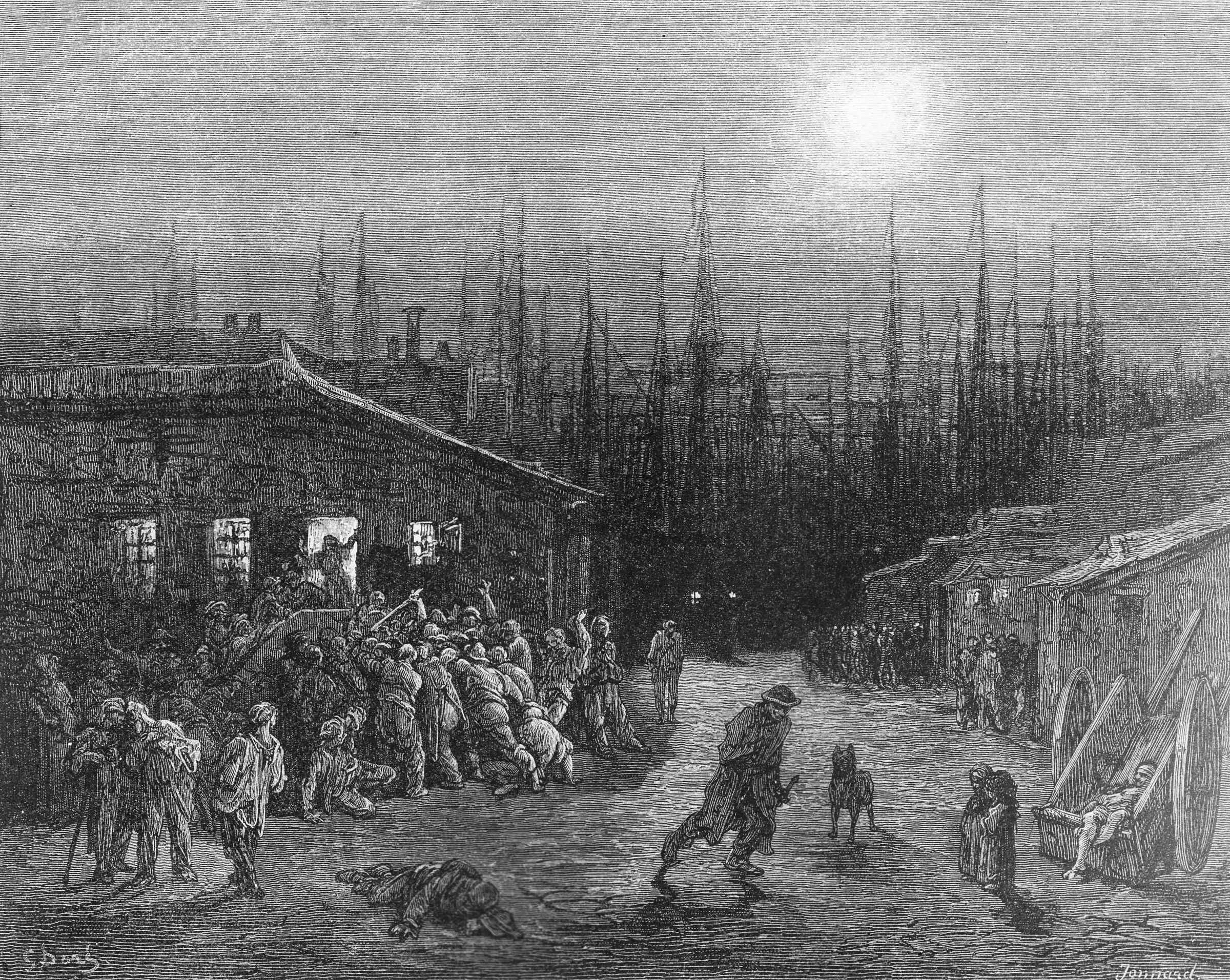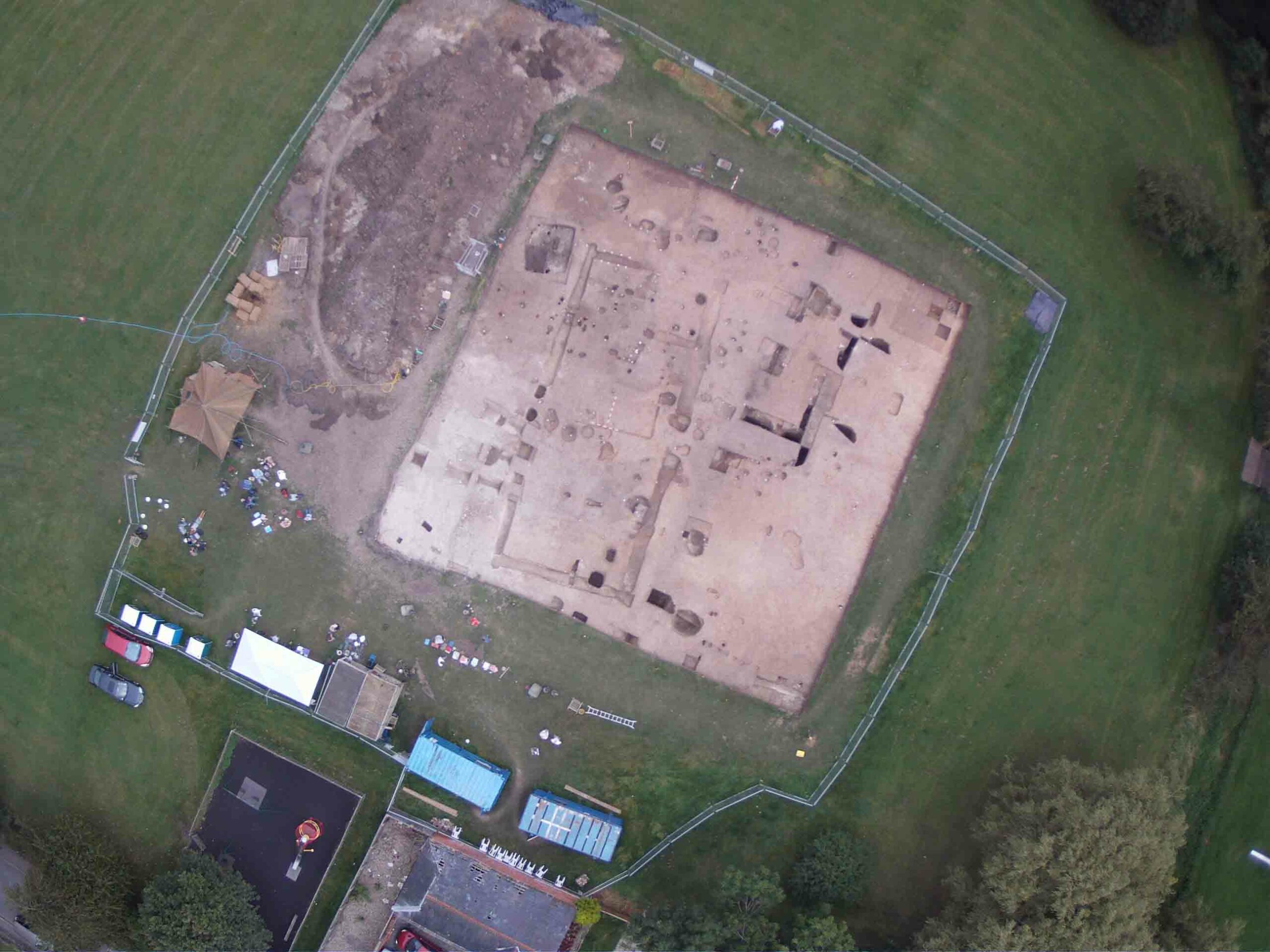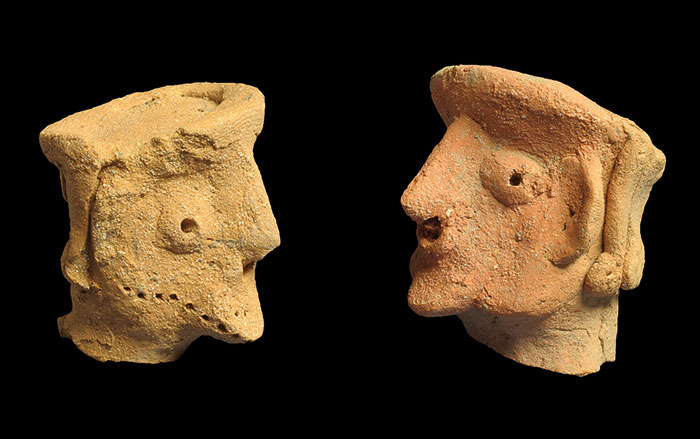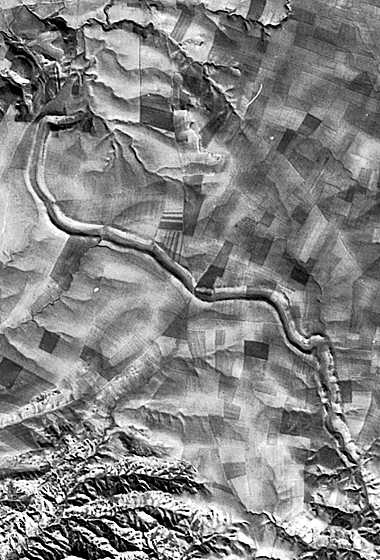
FAYETTEVILLE, ARKANSAS—Since the mid-1990s, archaeologists working in the Near East have been using declassified images from the Cold War-era Corona spy satellite program to hunt for new sites and help map already known ones. An online database of images of Middle Eastern countries maintained by the Corona Atlas project at the University of Arkansas in Fayetteville already contains about 1,600 images of areas that were once political hotspots. “It’s spy satellite imagery, so the more volatile the country, the more images there are,” says University of Arkansas archaologist and project director Jesse Casana. Now a new grant will allow the team to expand the database to incorporate about 3,500 more satellite images of China, Africa, Eastern Europe, and India. The images will be available to scholars and non-specialists for free. “Corona should be a right, not a privilege,” says Casana.


